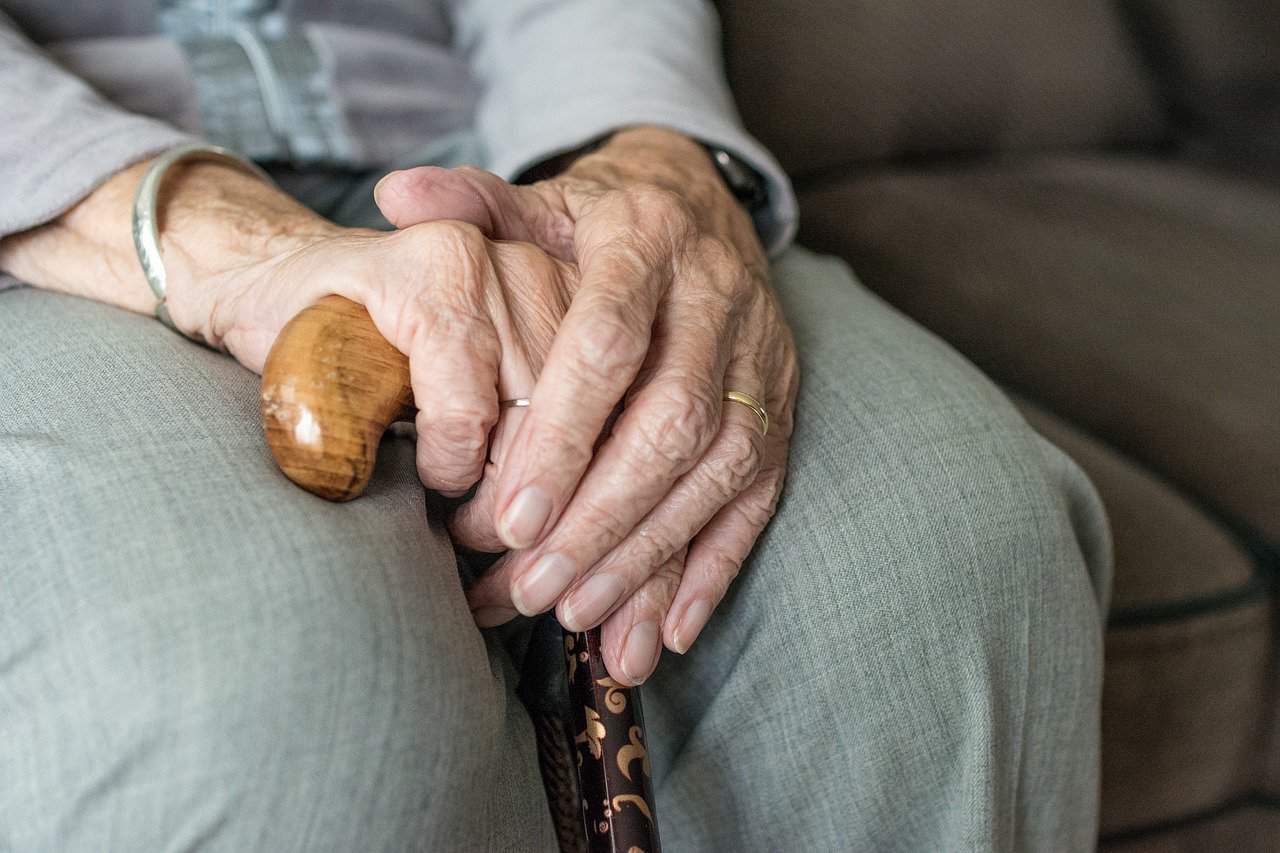The notion of obligations comes before that of rights, which is subordinate and relative to the former.
– Simone Weil, The Need for Roots: Prelude to a Declaration of Duties towards Mankind, 1949.
It’s not surprising (as pre-noted on Nolan) that John Finucane MP dealt with objections to his speech at a memorial for twenty four IRA volunteers who died in South Armagh during the conflict by turning a genuine political question into one of rights.
On Nolan the most powerful objection came not from unionist politicians or loyalist activists, but from a 71 year old Catholic woman from Lurgan who was widowed at twenty one when the UVF came and killed her young husband some fifty years ago.
There are no memorials for such folk. And it ought to go without saying that Mary was not making any objection to John’s right to make such a speech, just that for many victims of terror, the political identity of whoever pulled the trigger doesn’t matter.
In his speech John argued (presumably from a personal point of view because, as the DUP cannily pointed out today, the party’s record shows it does not support his position) that “Remembrance” is a right “without prejudice” for every section of society.
I do get that a right to offend (up to a point) is a feature of freedom of speech in any democratic society. We don’t remove material from Slugger because of offence. If we did, we’d have to remove something from almost every ‘difficult’ conversation.
Of course John has a right to say whatever he had to say about those volunteers/terrorists* (delete as appropriate). But what of his obligations to Mary and the thousands of other victims of arbitrary loyalist and republican violence? None, you say?
So what social contracts are there between senior politicians in Northern Ireland the people they seek (and latterly in the case of a Sinn Fein which now putatively holds the office of First Minister does) to represent the wider population?
The term ‘rights talk’ was popularised by legal scholar Mary Ann Glendon in her book of the same name, in which she outlines the idea that no right can ever be absolute (see Justice Wendell Holmes denial of the right to shout ‘fire’ in a crowded theatre).
In my lifetime, political activism (and I’m not speaking here specifically about John, his party or Northern Ireland) has segued from the power (both rhetorically and materially) of civil rights to an individual’s right to own their own ‘expressive identity’.
This rise of ‘expressive individualism’ often amounts to the antithesis of “membership of a community” with a senseless denial of the obligation that flows from rights towards others: vague abstractions displacing the constructive activism of the 60s.
This brings me to a specific point made on Friday. Sinn Féin may believe that in honouring their heroes of the past they’re doing what Fianna Fáil and Fine Gael have done now for over a century: ie, making orations over the graves of their war dead.
But there’s a distinction certainly in the speeches I’ve heard in recent times in that they are often focused on figures who survived the war of independence, and went on to play their part in building the sovereign independence of the Republic.
In addition once the references to the past are done with, those speeches talk about how those parties plan to rise to the collective challenges of the present day rather than dwelling on the horrors/heroism* (delete as appropriate) of the past.
This is the disappointment. Not in the off hand treatment of widows, but the disagreeable thought that instead of a better future procrastination around the worst aspects of our dysfunctional past may be the best that SF’s younger generation has to offer.
Typically the collective intelligence of dysfunctional societies is backward-looking and divided, with each group wrongly attributing failure to the other group within society. Discussion is focussed on whose fault it is the dinghy overturned rather than how to turn it the right way up.
-Greed is Dead: Politics After Individualism, Paul Collier and John Kay
Mick is founding editor of Slugger. He has written papers on the impacts of the Internet on politics and the wider media and is a regular guest and speaking events across Ireland, the UK and Europe. Twitter: @MickFealty
Discover more from Slugger O'Toole
Subscribe to get the latest posts to your email.
